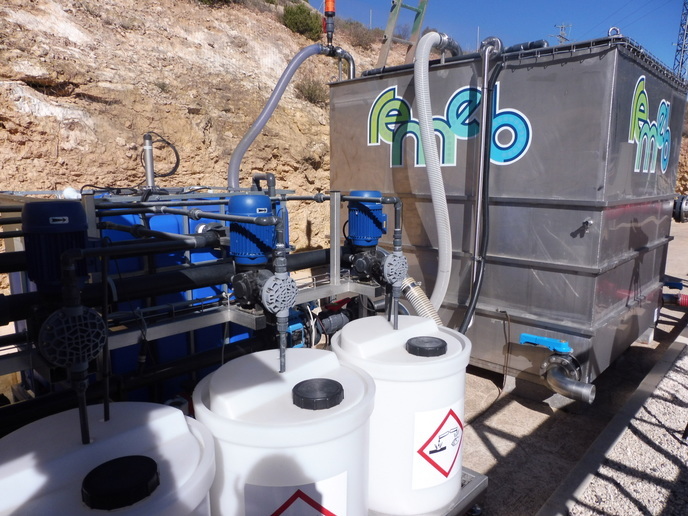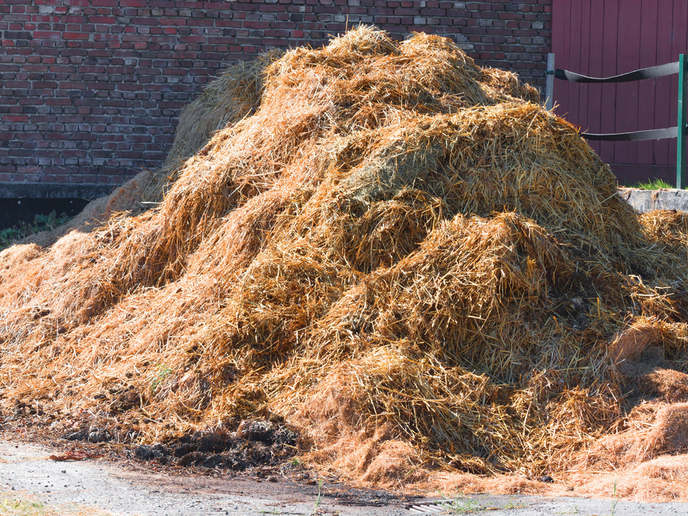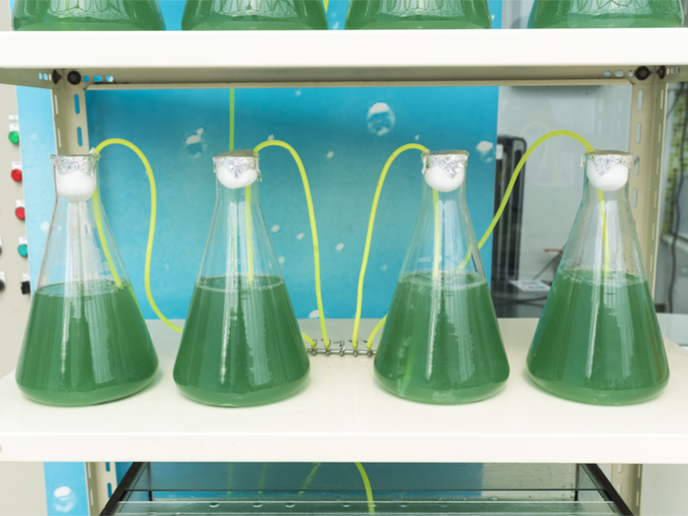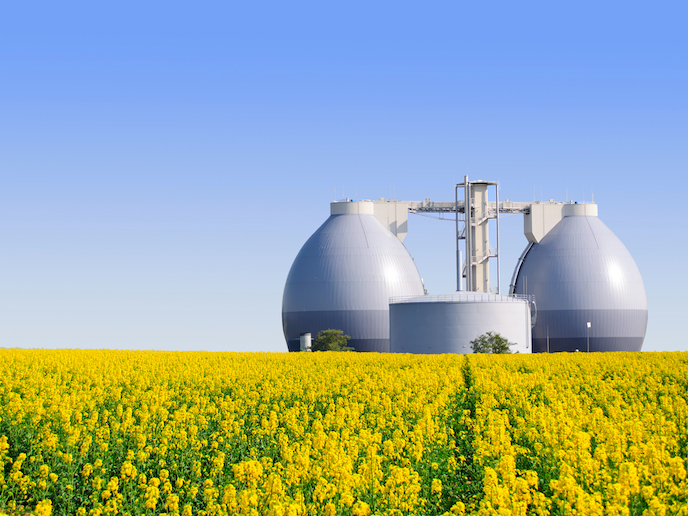Ceramic solution opens recycled wastewater possibilities
Trials of the membranes developed through the EU-funded REMEB project, have demonstrated how municipal facilities can cost-effectively filter and recycle wastewater for a range of uses, including street cleaning and even agricultural irrigation. The innovation could also enable industries to recycle their own wastewater and in doing so cut costs and reduce their environmental footprint. “We tested the membranes at the Aledo municipal wastewater treatment plant in Murcia, Spain,” says REMEB project coordinator Elena Zuriaga from FACSA in Spain. “Following the success of this, our plan is to continue working on improving the ceramic membranes and bring the solution into the industrial environment.” Reusing resources Wastewater treatment through the use of a filtering MBR has been recognised as one possible solution to increasing the amount of recycled water in circulation. These MBRs however – which often feature inexpensive polymeric membranes – tend to have low thermal, mechanical and chemical resistance, which limits their efficacy. In addition, not all countries are comfortable with using recycled wastewater, a mentality that Zuriaga and her team hope to change. “We have to find new ways of reusing water,” she says. “At present only 2.4 % of treated wastewater in Europe is reused, and we have to work at increasing this number. We need to be innovative and be openminded to find solutions for water reuse.” Water scarcity is a critical issue and wastewater recycling less of a taboo, with water used for street cleaning subject to less restrictive recycling requirements. In such instances, ceramic membranes could provide municipal facilities with an economical means of delivering recycled wastewater for such purposes. For end uses such as agricultural irrigation where higher standards must be met, different ceramic membrane standards apply specific selective layers (in other words, decreasing the pore sizes). Recycled materials Another important element of the REMEB project was that it set out to develop these membranes by using raw material and waste found in the region, reducing the landfill disposal. In this way, the project planned to create potential new revenue streams for local industrial waste. “In the neighbouring Spanish region of Castellón (Comunidad Valenciana) where we sourced raw materials, this meant manufacturing ceramic membranes from waste collected from the local ceramic tile industry, as well as using olive oil solid wastes and marble powder wastes,” says Zuriaga. “We even trialled rice harvest waste, given that the Valencia region is the home of paella!” Other raw materials trialled in Spain as well by project partners in Italy and Turkey included coffee, almond and hazelnut shells. Organic matter burnt at high temperatures is used to create the pores that allow water to flow through. After development, the membranes were trialled at the municipal wastewater plant of Aledo in Murcia. This region was selected for validation since it promotes the reuse of reclaimed water for agricultural purposes. “One of the challenges was scaling up from the lab to the industrial level, where processes are far harder to control,” says Zuriaga. “We experienced cracked ceramics at the beginning, but found that we were able to solve this by modifying the temperatures during the sintering process and adjusting the composition.” Production of the optimised membranes was then replicated at the pilot scale with partners in Turkey and Italy, where again, regional recycled materials and waste products were used. “I am very proud that we have been able to manufacture membranes from agricultural and industrial waste, which will contribute positively to the circular economy,” says Zuriaga.
Keywords
REMEB, membrane, filter, water, recycle, pores, ceramic, tiles, wastewater, agricultural







